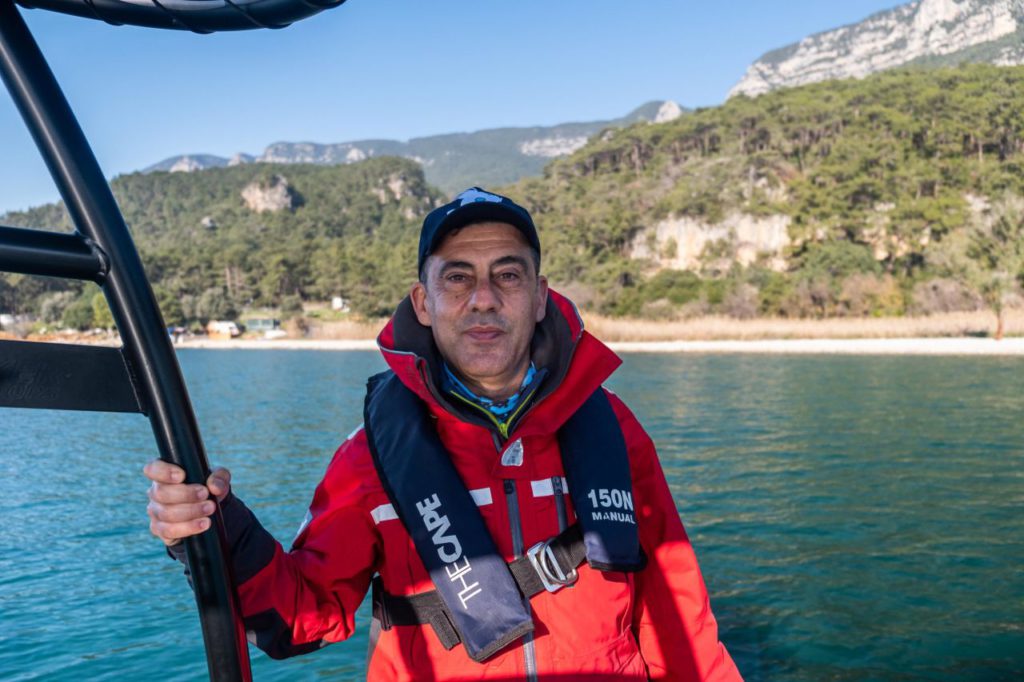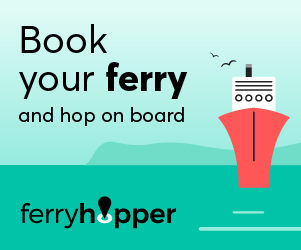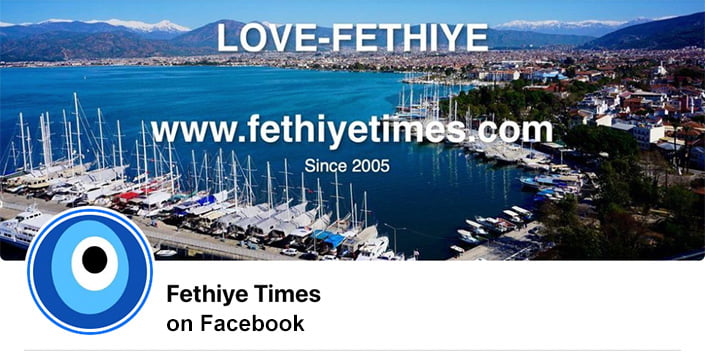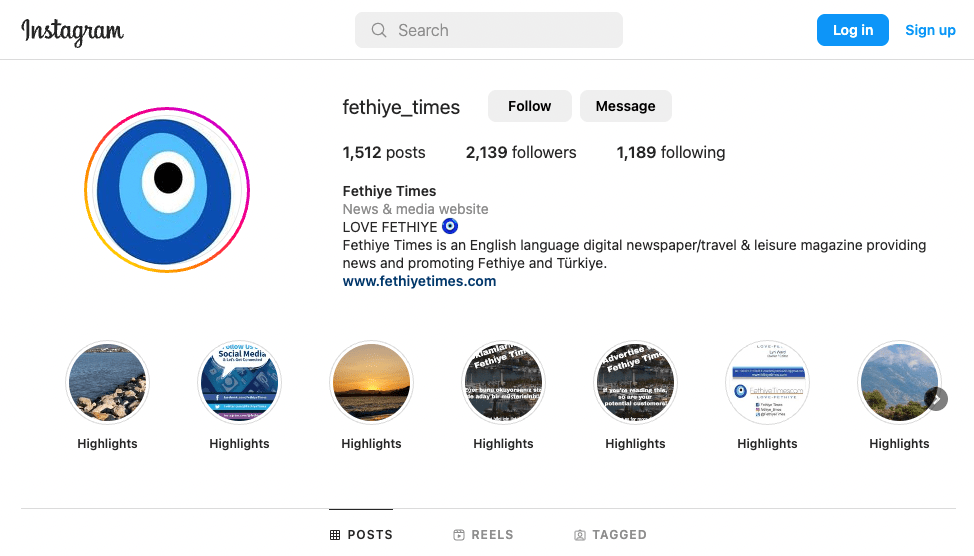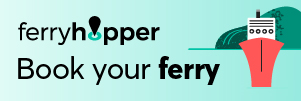Each year, the Goldman Environmental Prize is awarded to grassroots environmental champions from around the world.
The Turquoise Coast
Türkiye sits at the geographic and cultural crossroads of Europe and Asia. The country’s southwest coast, where the Mediterranean and Aegean seas meet, is known for its exceptional beauty. Nicknamed the Turquoise Coast, the region’s crown jewel is the 62-mile-long Gökova Bay, which once teemed with resident fish and marine life.
Unfortunately, the Mediterranean is the most overfished sea in the world, and threats to Türkiye’s fragile marine ecosystem are acute. In addition to overfishing—both legal and illegal—communities on Türkiye’s shores are facing plastic pollution, unsustainable coastal development and tourism infrastructure, invasive species, and warming seas. The combined force of these various threats has had a profound effect on both marine life and the region’s fishing economy.
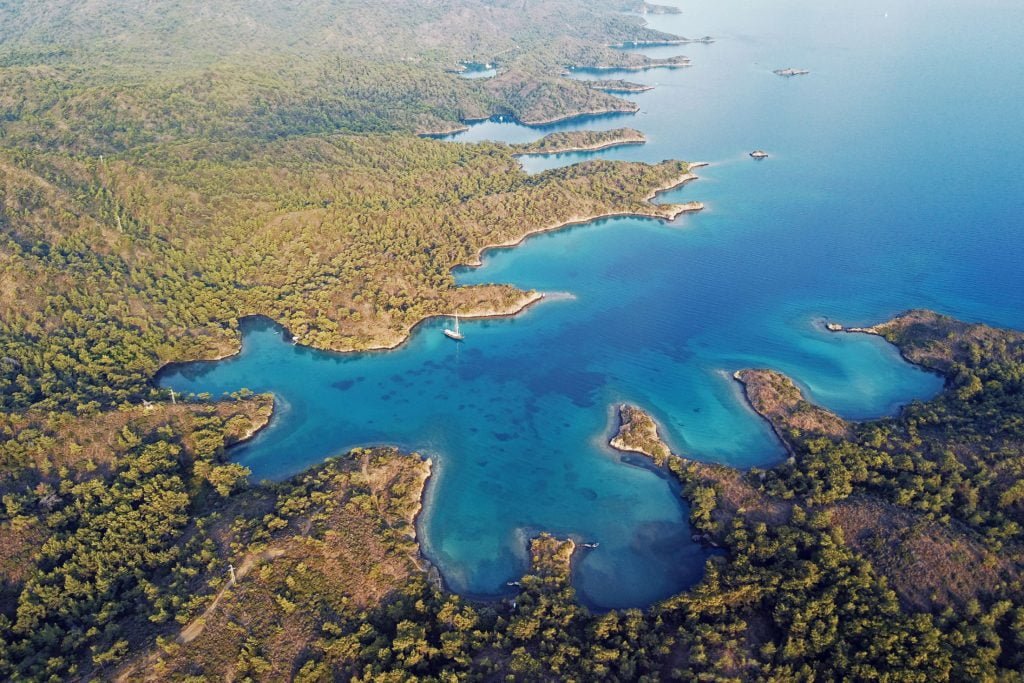
In recent decades, local fish populations have been depleted and critical habitats for endangered Mediterranean monk seals and loggerhead turtles have been destroyed.
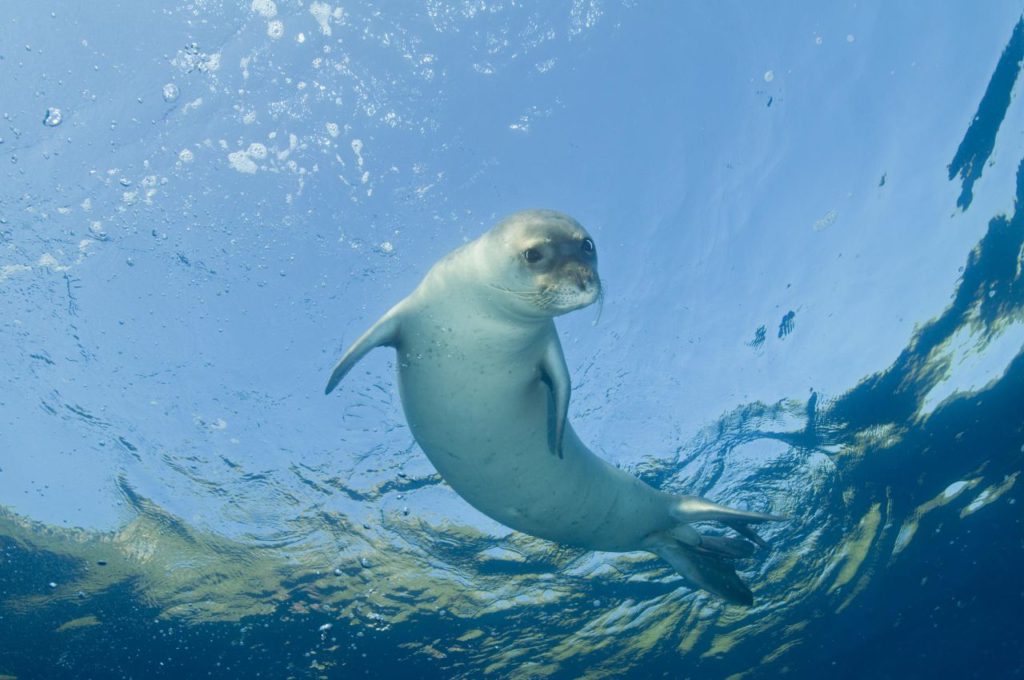
Due to warming waters, invasive tropical fish – such as the carnivorous lionfish pictured – have entered the Mediterranean via the Suez Canal. These prey on native species and overgraze vegetation, posing an additional threat to the ecosystem.
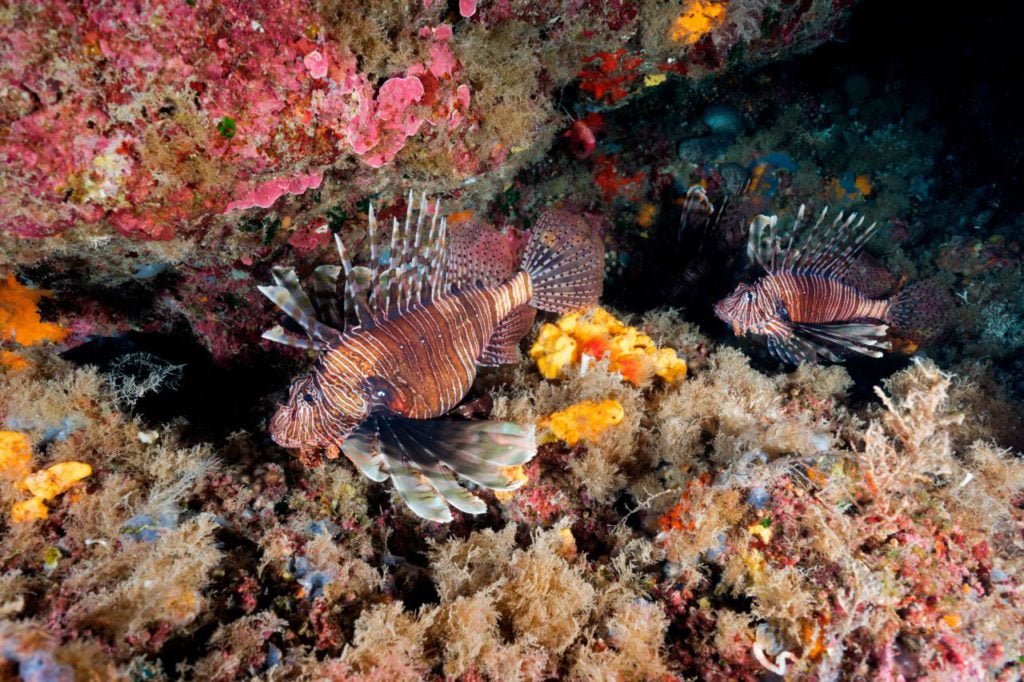
According to the UN’s Food and Agriculture Organization, the Mediterranean is the world’s most overfished sea, due in part to industrial-scale fishing fleets. Discarded fishing nets (shown here) are also a danger to marine life.
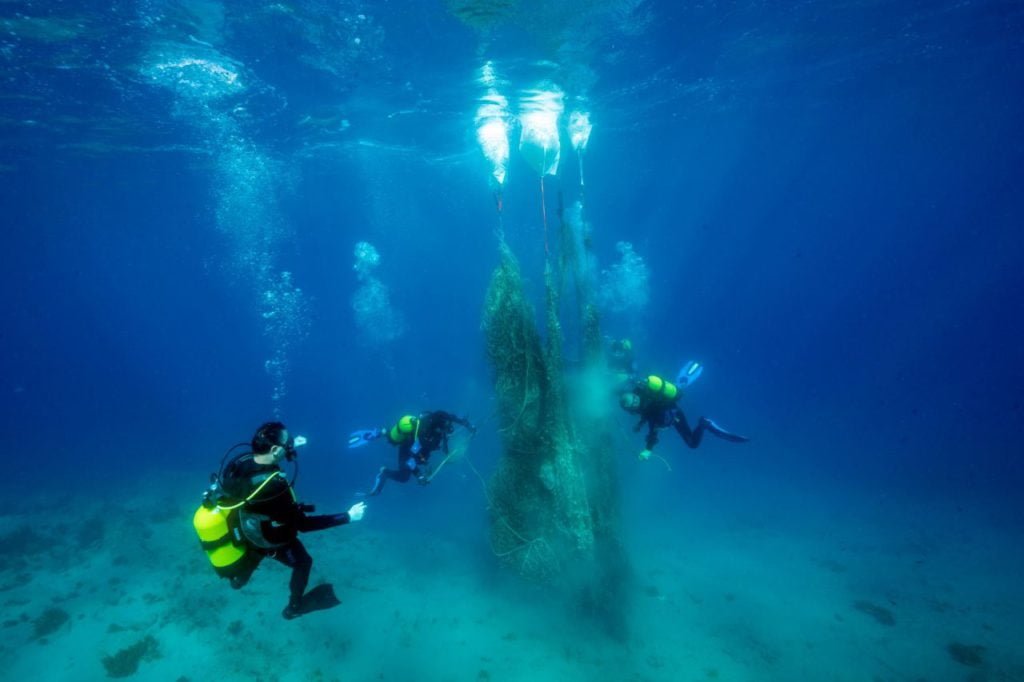
A Marine Enthusiast and Advocate
Zafer Kızılkaya, 53, is the president and founder of Akdeniz Koruma Derniği (the Mediterranean Conservation Society), which he launched in 2012. A civil engineer by training, he grew up in Ankara watching Jacques Cousteau documentaries and became enamored with the sea. Soon after college, he decided to become an underwater photographer and commercial deep-sea diver. He spent several years as a marine researcher and photographer in Indonesia and led expedition teams in the tropical Pacific. On returning to Türkiye, he was shocked at the level of marine degradation in Gökova Bay and committed himself to saving Türkiye’s waters from destruction.
In 2012, he established the country’s first community-managed marine protected area in Gökova Bay.
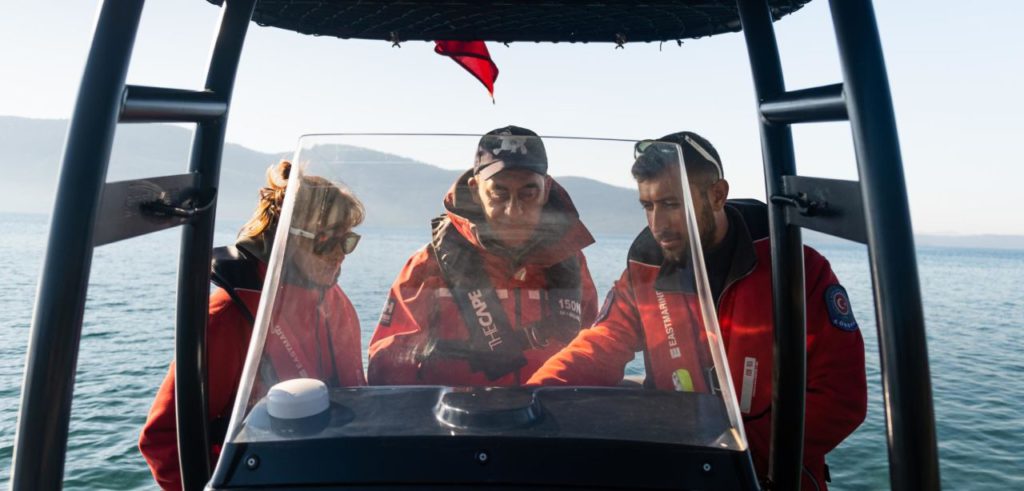
Photo by Goldman Environmental Prize
Working with local fishing communities – whose livelihoods had been affected by the dearth of fish – Kızılkaya and his team established no-take zones around the bay.
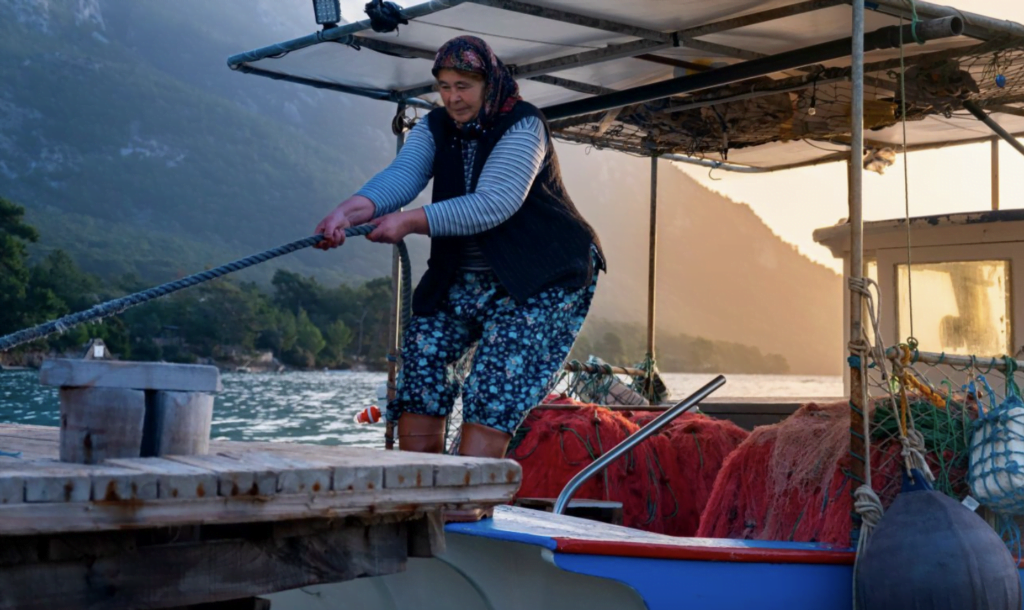
They trained locals as marine rangers who could patrol the area and alert the Coast Guard to illegal fishers.
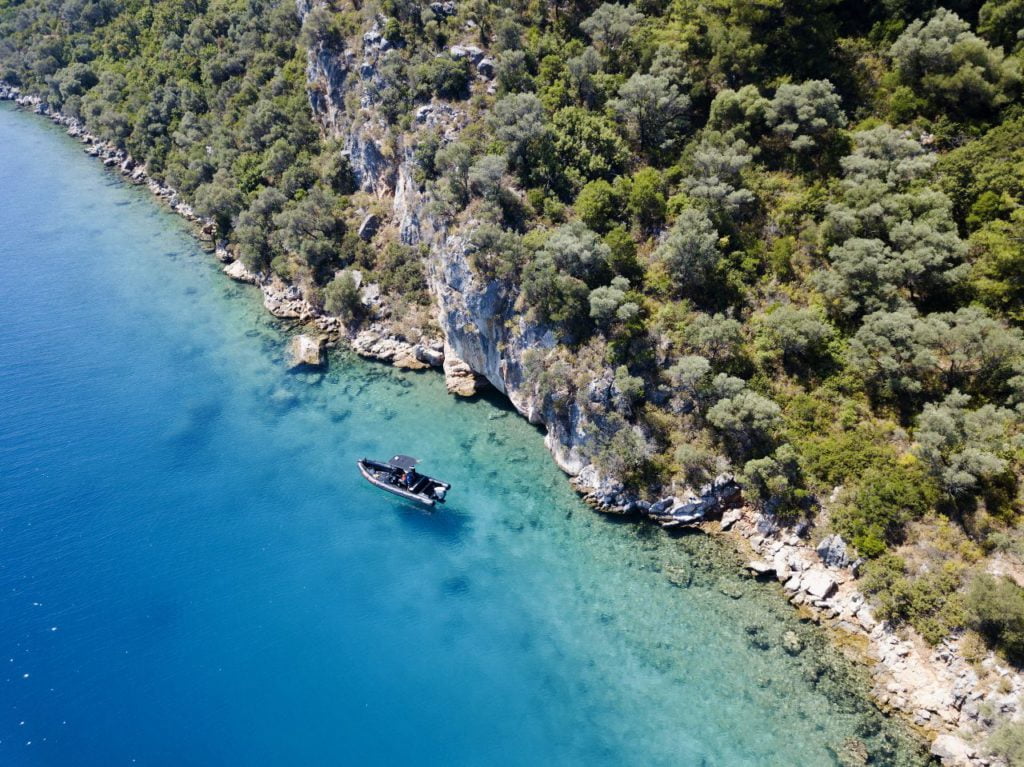
Thanks to this work, Gökova Bay’s marine ecosystem has made a tremendous comeback. Seagrass is flourishing, fish populations are increasing, and so are the incomes of local fishers.
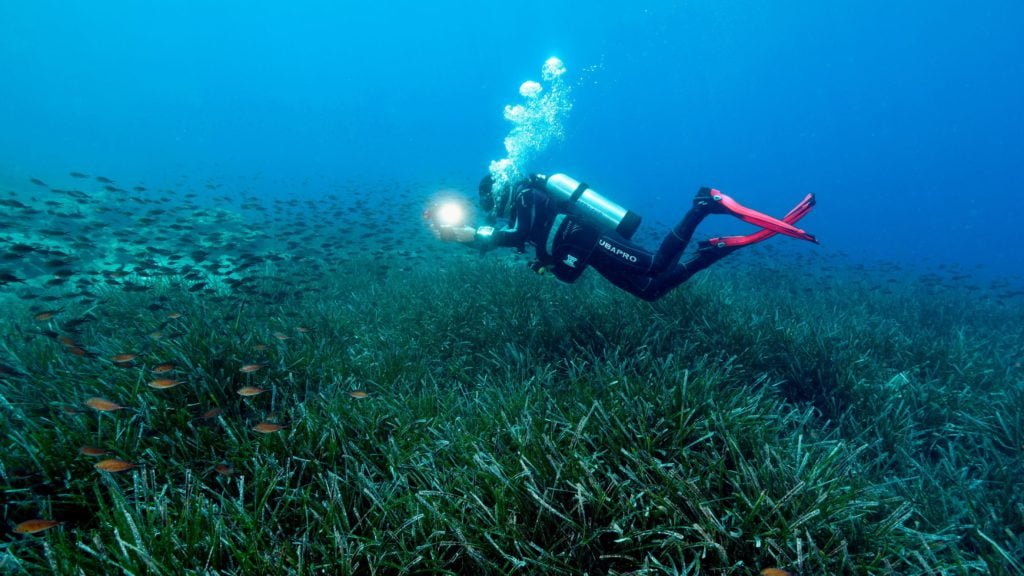
Gökova Bay has become a model example of the benefits of marine protected areas, and in collaboration with local fishing cooperatives and Turkish authorities, Zafer Kızılkaya has expanded Türkiye’s network of marine protected areas (MPAs) along 310 miles of the Mediterranean coast.
The newly designated areas were approved by the Turkish government in August 2020 and include an expansion of the MPA network by 135 square miles (350 sq. km) of no trawling/no purse seine, and an additional 27 square miles (70 sq. km) of no fishing zones.
Türkiye’s marine ecosystem has been severely degraded by overfishing, illegal fishing, tourism development, and the effects of climate change—and these protected areas help mitigate these challenges.
Zafer Kızılkaya was awarded the prestigious Goldman Environmental Prize 2023.

